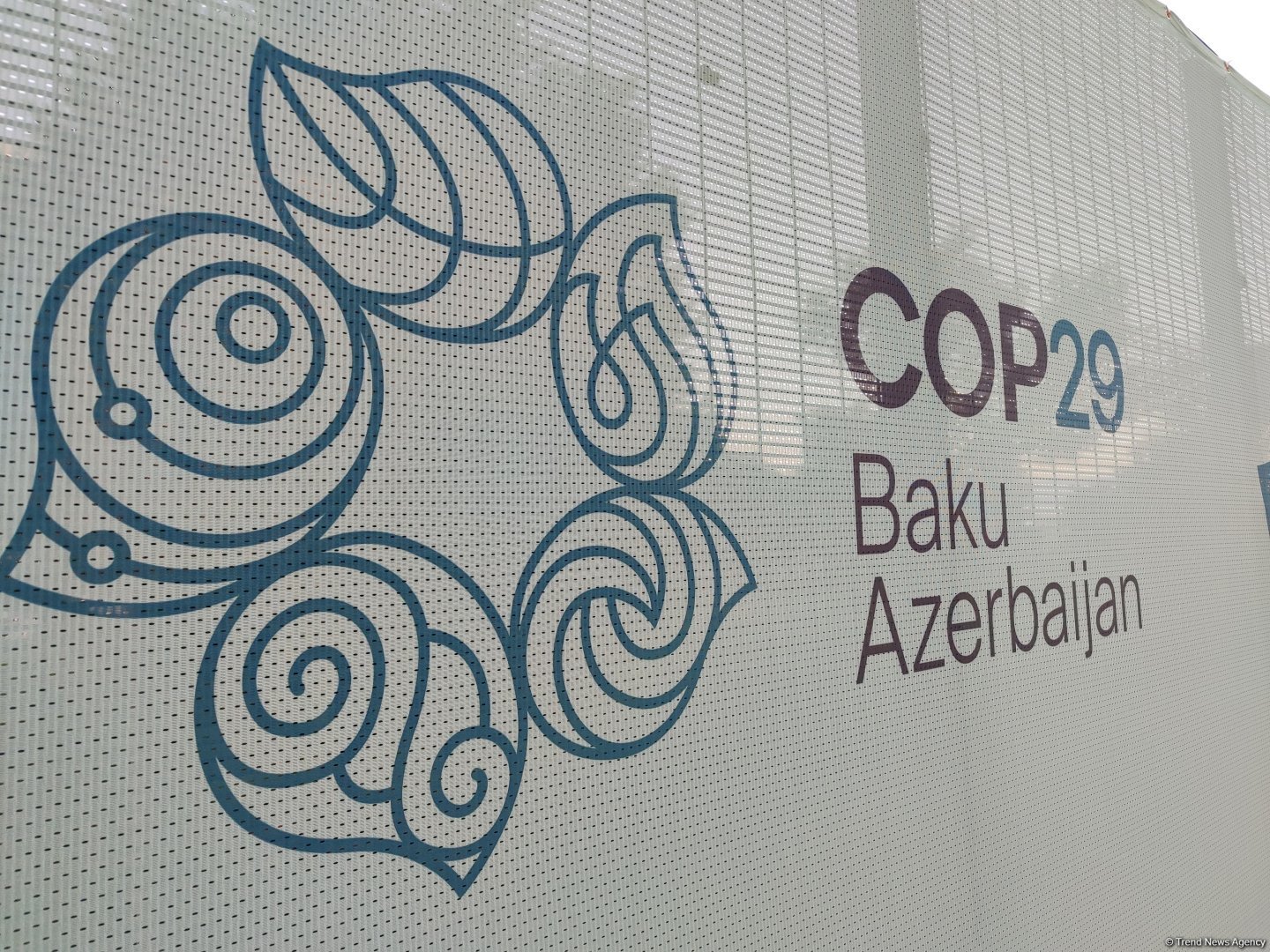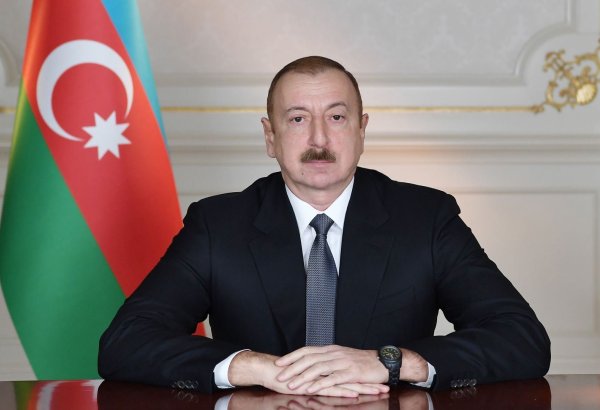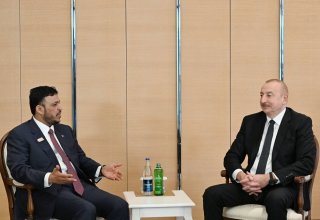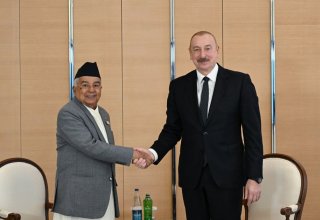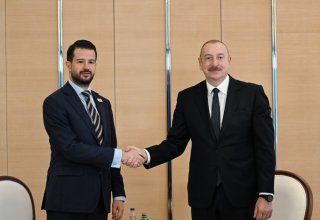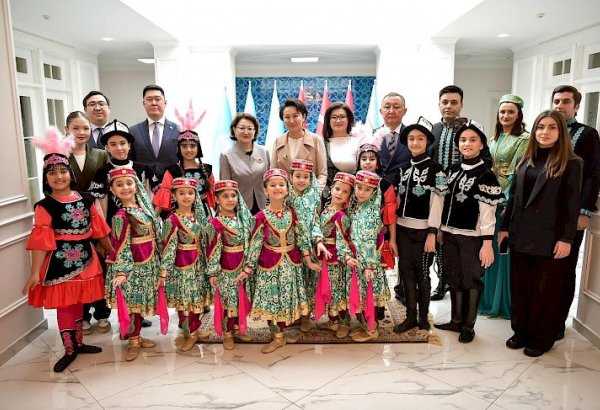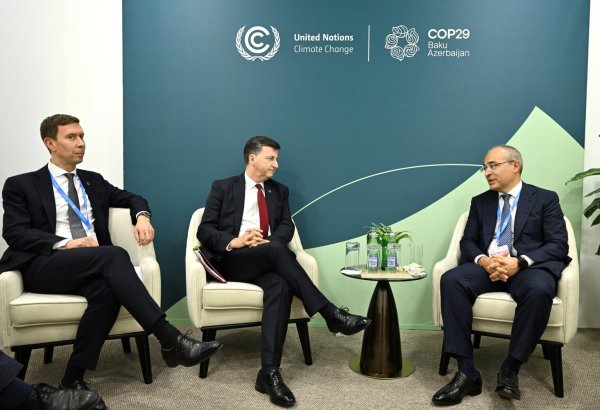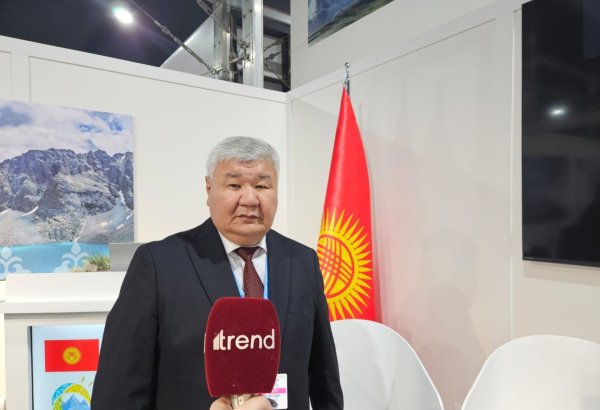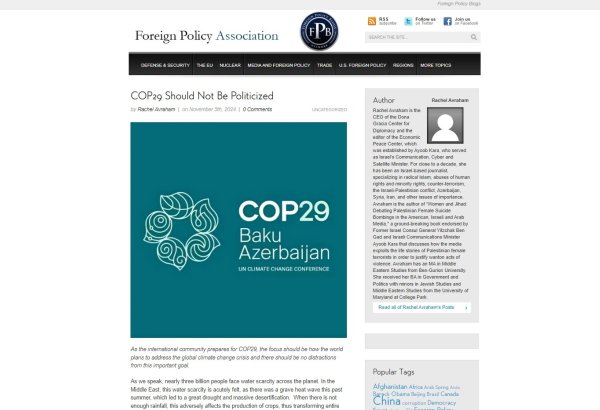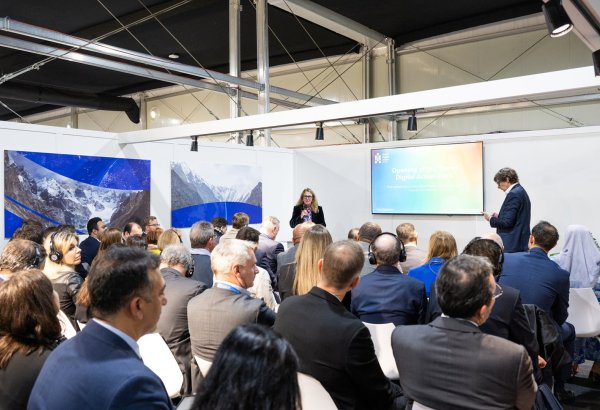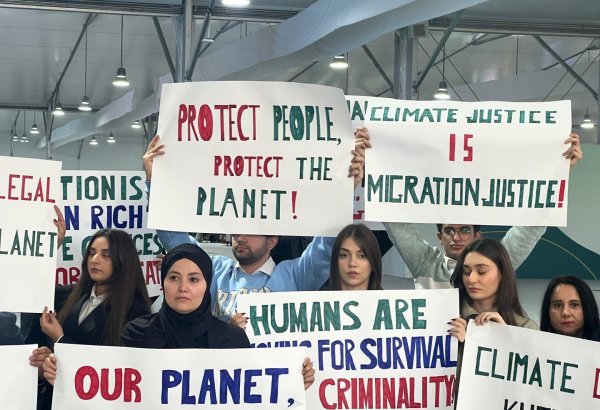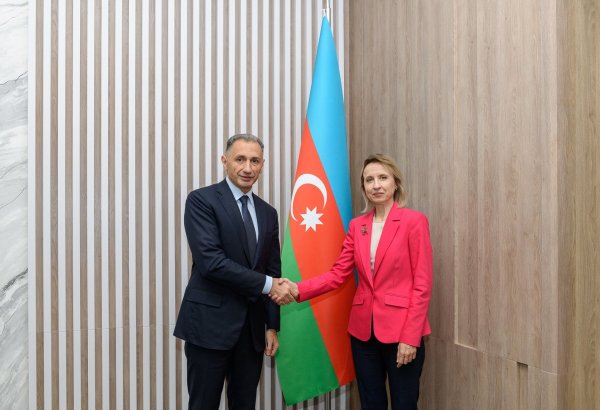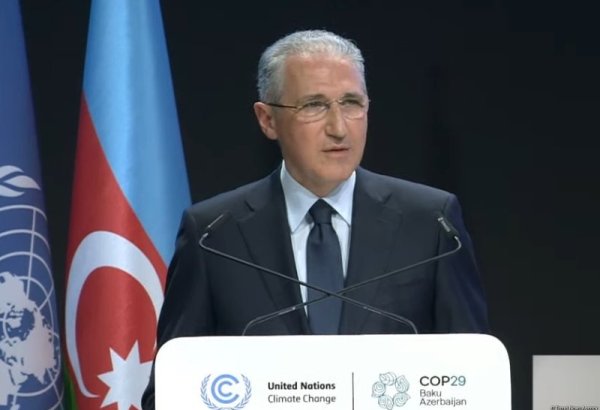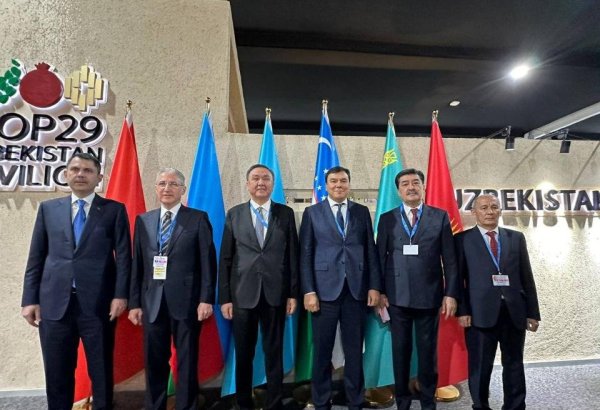SIBUR, Metalloinvest and others share their experience in implementing climate projects
The UN’s annual Climate Change Conference (COP29), which started this week, is focused on coordinating the efforts of nearly 200 countries to set national targets for reducing greenhouse gas emissions over the next five years, while also addressing the need for financial support to help developing nations transition to low-carbon energy and adapt to climate change. This year’s conference is being held for the first time in the former Soviet country of Azerbaijan.
Known primarily as an oil-producing country, Azerbaijan is developing renewable energy in partnership with global leaders in the field, including Masdar (UAE), ACWA Power (Saudi Arabia) and Fortescue Future Industries (Australia). The country has committed to reducing its greenhouse gas emissions by 35% by 2030. Azerenerji, Azerbaijan’s largest electricity producer, plans to certify carbon units generated from the launch of seven small hydropower plants through two international carbon offset programmes: the Global Carbon Council (Qatar) and Gold Standard (Switzerland).
Russia, which has made the most progress in the region when it comes to implementing its climate agenda, opened a pavilion for the COP29 business programme, where Russian companies shared their experience in implementing climate projects with other conference participants. Despite facing geopolitical challenges, Russia remains committed to reducing carbon emissions.
SIBUR, Russia’s largest producer of polymers and rubber, is actively modernizing its plants to reduce carbon emissions. The company has already completed eight climate projects, reducing its emissions by a total of 10.8 million tonnes of CO2-equivalent emissions over the past 10 years. These initiatives have generated over 3.3 million tonnes of certified carbon credits that can be traded in both Russian and international markets.
To date, SIBUR has concluded no fewer than 15 transactions involving carbon credits, enabling its customers and partners to reduce or fully offset the carbon footprint of their operations, products or events. Russian companies have emphasized the importance of cross-border carbon credit trading, in line with Article 6 of the Paris Agreement. Joint efforts are essential to addressing global warming, and the cross-border trade in carbon credits will unite the carbon markets of different countries.
In 2022, Russia created a carbon units registry, which has already registered more than 40 projects. Last month, the registry completed its first international transaction.
Udokan Copper, a mining company that develops the Udokan copper deposit in Russia’s Trans-Baikal region, which shares a border with China, plans to reduce carbon intensity at its production facilities by as much as 75% by 2035. As part of its efforts to achieve this goal, the company purchased carbon credits last year from the energy producer RusHydro.
Metalloinvest, Russia’s largest iron ore producer, has not only set ambitious targets for reducing its own carbon footprint but is also helping its partners do the same. The company produces direct reduced iron (DRI) in the form of easily transported briquettes. It is the best raw material for green steel production. The use of hot-briquetted iron for steelmaking in electric furnaces reduces greenhouse gas emissions by around one-third compared with the traditional process using a blast furnace and oxygen converter.
Russia, like China and Kazakhstan, aims to achieve zero carbon emissions by 2060. The country is actively developing alternative energy sources, including hydro and nuclear power. However, the role of private industrial companies will be vital in achieving this goal, as they compete in international markets and provide products with a low carbon footprint that are increasingly in demand among consumers.








